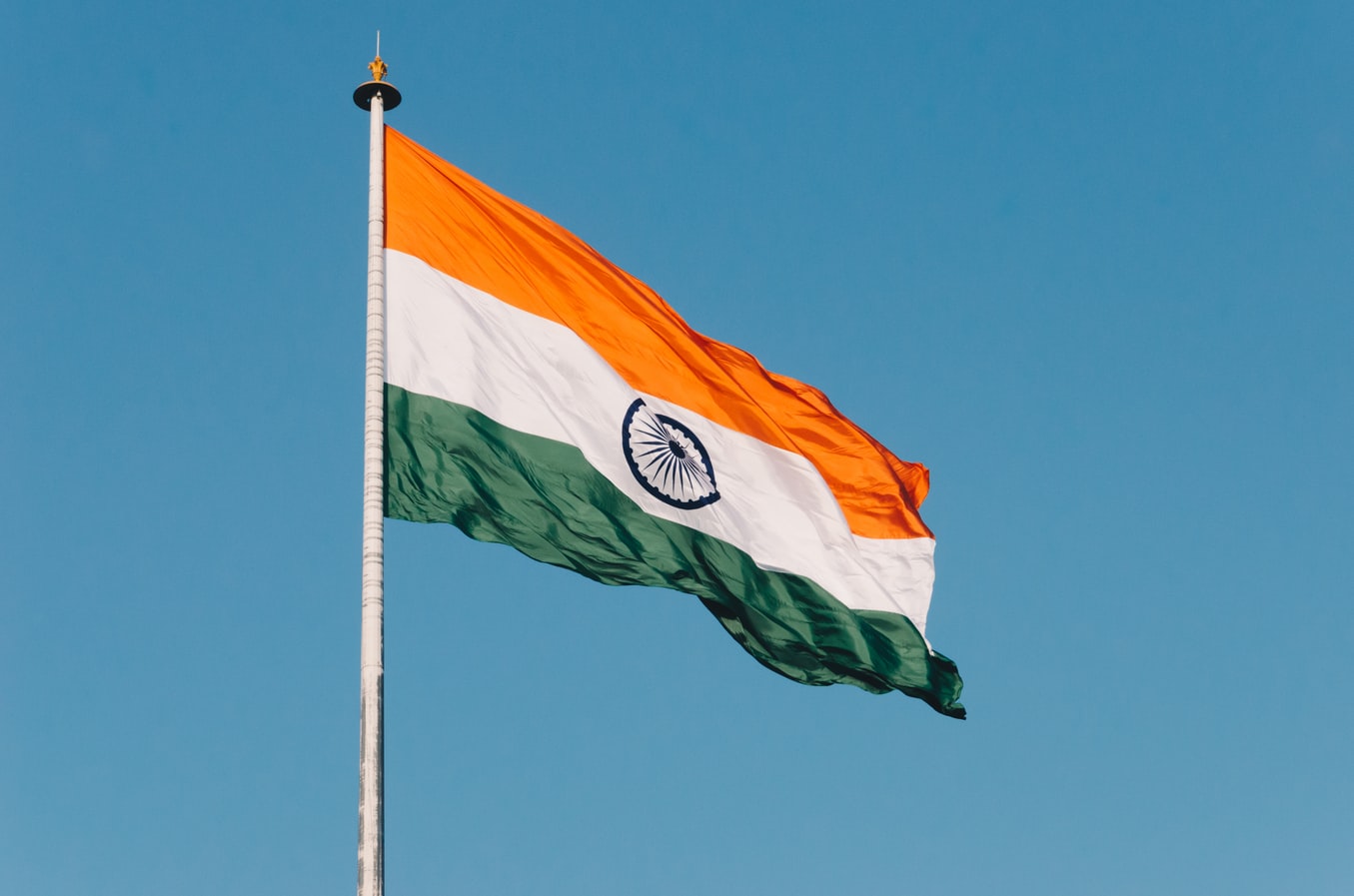India Grows CBDC Network, Partnering with Key Countries Across Asia and the Middle East
25.11.2024 11:00 2 min. read Alexander Zdravkov
India, a prominent member of the BRICS coalition, is making significant strides in expanding its cross-border mobile payments infrastructure by teaming up with several nations to advance Central Bank Digital Currencies (CBDCs).
According to Bloomberg, India has initiated collaborations with countries like the Philippines, Sri Lanka, and the UAE, another BRICS partner, to enhance their mobile payment systems.
T. Rabi Sankar, the deputy governor of the Reserve Bank of India (RBI), revealed these efforts during a conference in Cebu, Philippines. India has already established CBDC agreements with Bhutan and Nepal, and is actively engaging with ASEAN nations to build a unified platform for regional cooperation in digital payments.
India’s role as a trailblazer in CBDC testing is notable, having been among the first to pilot a digital currency initiative. The country is now exploring how CBDCs can be applied across various sectors, including government services, commerce, and financial institutions, while evaluating the potential impacts on its economy, banking system, and monetary policy.
Despite this forward momentum, Sankar emphasized India’s cautious approach, stating that the country will not rush the full rollout and will proceed once clear results are available, without setting fixed timelines.
Globally, the CBDC movement is gaining traction, with about 134 countries working on digital currencies. Among these, BRICS nations—India, Russia, and China—are taking the lead. Experts caution that as more emerging economies embrace CBDCs, global reliance on the U.S. dollar could decline, potentially challenging its long-standing dominance in international trade.
-
1
Elon Musk’s X Prepares to Enter the Fintech Arena
20.06.2025 13:00 1 min. read -
2
China Pushes Digital Yuan Expansion as Global Currency Power Shifts
19.06.2025 17:00 1 min. read -
3
Fiserv to Launch FIUSD Stablecoin Across Its Massive Banking Network
23.06.2025 21:00 1 min. read -
4
Mastercard Integrates Chainlink to Power Direct Crypto Access for Cardholders
25.06.2025 18:00 1 min. read -
5
BIS Slams Stablecoins, Calls Them Ill-Suited for Modern Monetary Systems
26.06.2025 9:00 1 min. read
Key U.S. Events to Watch This Week That Could Impact Crypto
The first week of July brings several important developments in the United States that could influence both traditional markets and the cryptocurrency sector.
Here Is How Your Crypto Portfolio Should Look Like According to Investment Manager
Ric Edelman, one of the most influential voices in personal finance, has radically revised his stance on crypto allocation. After years of cautious optimism, he now believes that digital assets deserve a far larger share in investment portfolios than ever before.
GENIUS Act Could Reshape Legal Battle over TerraUSD and LUNA Tokens
In the case involving Terraform Labs and its co-founder Do Hyeong Kwon, the defense has asked the Federal Court for the Southern District of New York to extend the deadline for pretrial filings by two weeks, pushing it beyond the original date of July 1, 2025.
Coinbase Surges 43% in June, Tops S&P 500 After Regulatory Wins and Partnerships
Coinbase has emerged as the best-performing stock in the S&P 500 for June, climbing 43% amid a surge of bullish momentum driven by regulatory clarity, product innovation, and deeper institutional interest in crypto.
-
1
Elon Musk’s X Prepares to Enter the Fintech Arena
20.06.2025 13:00 1 min. read -
2
China Pushes Digital Yuan Expansion as Global Currency Power Shifts
19.06.2025 17:00 1 min. read -
3
Fiserv to Launch FIUSD Stablecoin Across Its Massive Banking Network
23.06.2025 21:00 1 min. read -
4
Mastercard Integrates Chainlink to Power Direct Crypto Access for Cardholders
25.06.2025 18:00 1 min. read -
5
BIS Slams Stablecoins, Calls Them Ill-Suited for Modern Monetary Systems
26.06.2025 9:00 1 min. read


